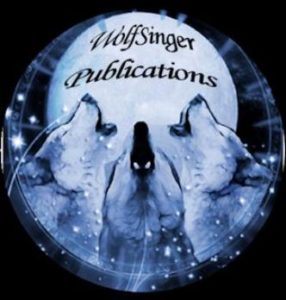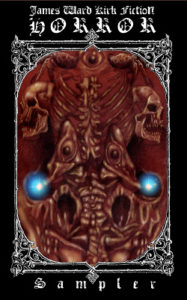This month, the Fictorians and a few guest bloggers will share their successes, lessons learned, and their challenges as we collectively pursue our writing careers. I hope that some of their stories and posts resonate with you. We’re all at different places in our journey, but the idea that we’re all stepping forward is critical to remember.
Every year, I set Writing Goals. Those goals have become more ambitious over the last few years and I’ve been challenged to get my butt in the writing chair to achieve the things I wanted to at the beginning of the year. I opened up my schedule to attend more conventions and events, I ambitiously took on a new project that was not on my writing goals at all, and I managed to get two books published in the last half of the year. I’ll share more about those projects later this month, but there were two things that happened this year that harken back to something that Kevin J. Anderson talks about: “Popcorn Theory.” The idea is that as writers, we can’t treat our stories like a single kernel of popcorn. If we were hungry, we’d starve cooking one kernel at a time. Having more projects going breeds creativity and creates unique opportunities. This year, I’d decided to take a break from writing all short fiction to focus on writing/editing two novels. Yet, opportunities knocked and I listened.
The first was an opportunity I’ll discuss more in a couple of weeks, but I received an invitation to submit a story for an anthology in the bestselling military science fiction series of the Four Horsemen Universe. I had a blink in my schedule, so I wrote the story, turned it in, and saw my whole calendar for the year derailed when not only did editors Chris Kennedy and Mark Wandrey love my short story but they asked me to write a novel with my character Peacemaker Jessica Francis. But, more on that later.
Very soon, AVATAR Dreams – An Anthology Inspired by the ANA X-Prize, will be published that features some of the biggest names in science fiction. Edited by Kevin J. Anderson and Mike Resnick, this collection features stories from Jody Lynn Nye, Todd McCaffrey, Martin L. Shoemaker, Tina Gower, Marina J. Lostetter, Brad R. Torgersen, Josh Vogt, Dr. Harry Kloor, Andrea Stewart, Ron Calling, Kay Kenyon, and Kevin Ikenberry. That’s right – me. Opportunity knocked and I was in the right place.
Kevin J. Anderson looked across the table at me and said, “I need another story for the AVATAR Dreams Anthology. Can you get me something in two weeks?”
Yes, I could.
From story idea to turn-in was seven days. It was a crazy, hectic time but I had a story crystallize in my head that combined the movie “The Fast and the Furious” with Isaac Asimov’s Fantastic Voyage. With the help of my friend Lou J. Berger, some bacteriology tutoring from my father (putting that PhD to use), and a couple of late nights, I turned in a story faster than expected. Hearing that it was a great fit for the anthology was icing on the proverbial cake. But, my take away from the experience was that I could take a short-notice opportunity and do something good. It’s the fastest I’ve ever written a short story and I’m pretty proud of “That Others May Live.”
So, as we go through the month of December and hear different stories, there’s a chance you’ll hear opportunity knocking. Don’t be afraid to answer the door. Everybody on the blog this month has been listening, I’m sure.

 Brick Cave Media is a small publisher based in Mesa, AZ. One does not normally think of Mesa Arizona being hub for small publishing, but Brick Cave Media traces it’s roots back 23 years to the arrival of founder Bob Nelson and the start of a literary magazine called Anthology.
Brick Cave Media is a small publisher based in Mesa, AZ. One does not normally think of Mesa Arizona being hub for small publishing, but Brick Cave Media traces it’s roots back 23 years to the arrival of founder Bob Nelson and the start of a literary magazine called Anthology.




